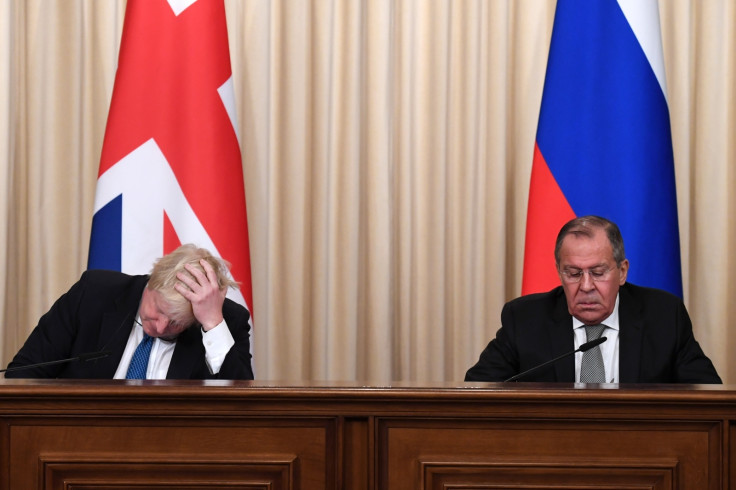Russian bear vs the British lion: The Kremlin hits back over the Sergei Skripal nerve agent murder bid
UK Home Secretary Amber Rudd described the attack as an "outrageous crime."
Reaction to the news of the attempted murder of ex-Russian spy Sergei Skripal and his daughter, Yulia with a nerve agent has triggered a war of words between London and Moscow.
In the UK, the government has made a robust warning to Russia about any involvement it may or have had.
Ministers at the very top of the UK government have condemned the attack and hinted at action if a state-linked culprit is confirmed.
The home secretary Amber Rudd, speaking in the House of Commons today (8 March) that the event was an "outrageous crime" and that the government would"act without hesitation as the facts become clearer".
At the start of the week, the foreign secretary Boris Johnson suggested that part of the England football team delegation may not travel to the world cup this summer which takes place in Russia.
And today, Theresa May said that "if action needs to be taken then the government will do that".
"We will do what is appropriate, we will do what is right, if it is proved to be the case that this is state-sponsored."
An anti-Russian campaign?
The Russian embassy in London said: "Media reports create an impression of a planned operation by the Russian special services, which is completely untrue."
They added that the comments from Johnson "Looks like the script of yet another anti-Russian campaign has been already written."
Officials in Moscow have flatly denied any involvement in the attempted assassination of the pair who remain in a critical condition in hospital, along with a police officer who has started talking for the first time after they being affected by the nerve agent.
The reaction from the media in Russia has been that of a "risk to UK relations," warning against any targeting of Russia without evidence.
The state controlled RT news organisation, pitched the events as a possible showdown between the two nations, illustrating the story with an image of the nations two national animals, a British lion and a Russian bear, against one another.
They reported that an Russian Federal Security Service officer, Andrey Lugovoy, suggested that the attack could have been set up by the British government as party of a "campaign to demonise Moscow."
The similarly state-owned Sputnik news group aired near-identical viewpoints on the matter, they reported that while the Kremlin was ready to co-operate with the British authorities on the matter, the accusations were "were not long in coming."
While the Russian news agency, TASS, suggested that comments from Johnson and the rest of the UK government were suggesting their "readiness for new attack" against Moscow.























